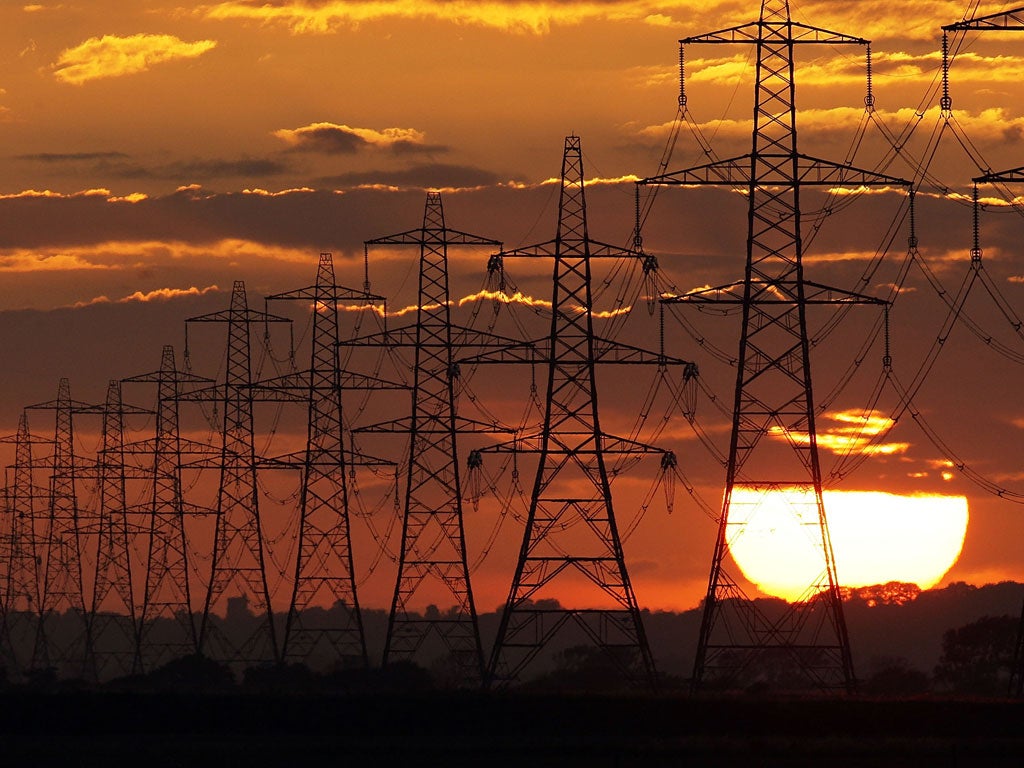The sun is setting on the old energy debate. What will the new dawn look like?
Three key trade associations are pooling their lobbying resources. They risk loosing supporters, but is this the future of the environmental debate?

The energy debate is shifting. With the wind, nuclear and CCS (carbon capture and storage) trade associations issuing their first-ever joint statement the political tectonic plates of climate change have begun subtly to move.
But it is a risky strategy. Many of those who defend wind power from attacks by Nimbies and rightwing Tories are ardent opponents of nuclear power, for example.
The three trade associations clearly risk losing core supporters by this temporary pooling of lobbying resources.
But the fact they are taking this risk is a sign that all three see vastly greater danger in the current attacks in the media and the Conservative Party against the entire decarbonisation agenda.
The Energy Bill has already been postponed until later in November, and the timeline may yet slip still further - hence the urgency the three associations see in getting the bill through Parliament and onto the statute book with minimum further delay.
The passing of the Energy Bill is essential if Britain is to achieve the target of largely decarbonising its electricity sector by 2030, which the Committee on Climate Change states is necessary if the country is to meet our legally-binding 2050 target of an 80 per cent cut in CO2.
The bill reforms the electricity market to encourage much-needed investment in low-carbon generation by setting a floor on the price of carbon, by bringing in feed-in-tariffs for individual generators, by setting a limit on the carbon intensity of our electricity supply and by introducing a 'capacity mechanism' to ensure energy security.
Without these changes, it is unlikely that companies will invest the billions necessary to establish carbon capture and storage as a viable at-scale technology, build tens of gigawatts of offshore wind in the North Sea or bring online a new generation of safer nuclear power plants.
One unintended benefit of this joint approach by the three trade associations will perhaps be to wrong-foot antis of all political stripes - the greens who oppose nuclear, the increasingly vocal anti-wind lobby and those sceptics who insist CCS will never be viable and is not worth supporting. Make no mistake: opposing low-carbon technologies is an implicit vote for a high-carbon energy system, and opponents must recognise this real-world tradeoff.
That is not to say that the different technological options should not be forced to justify themselves, or compete on their merits. Yes, wind is intermittent. Yes, nuclear has taken a big knock after Fukushima. And yes, CCS has not yet delivered on its early promise. But without the rapid passage of the energy bill the most likely outcome is none of the above rather than all of the above - and that means continued unabated fossil fuel burning and the eventual ditching of our climate change efforts.
The one thing all low-carbon generators agree on is that the current period of uncertainty and backsliding must end, and end quickly. To decarbonise the UK will take time, and we need to get started.
Join our commenting forum
Join thought-provoking conversations, follow other Independent readers and see their replies
Comments
Bookmark popover
Removed from bookmarks